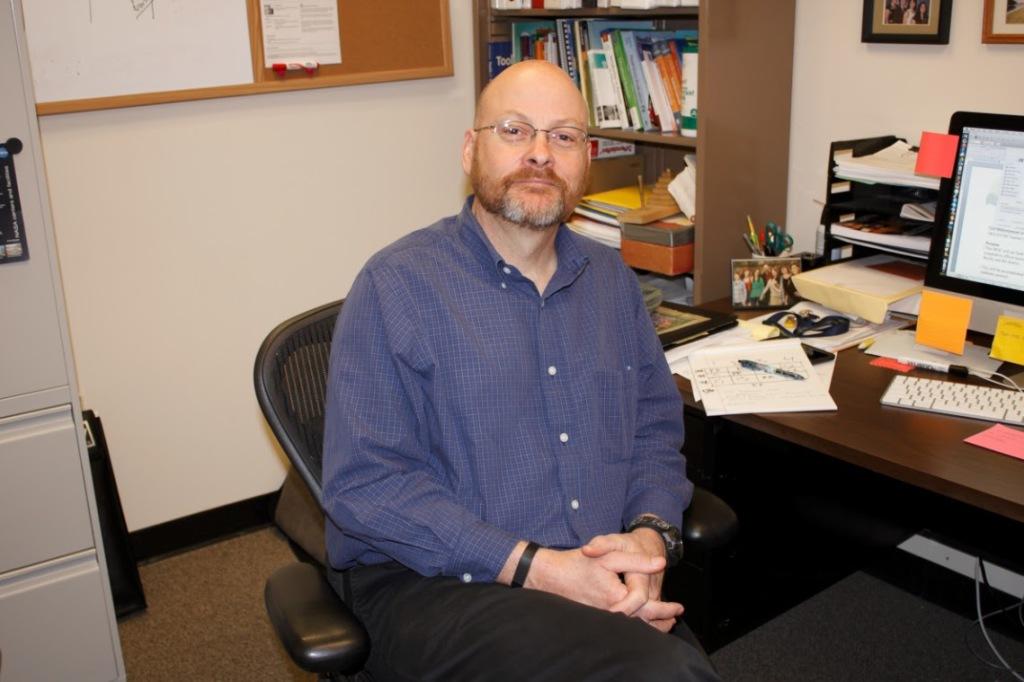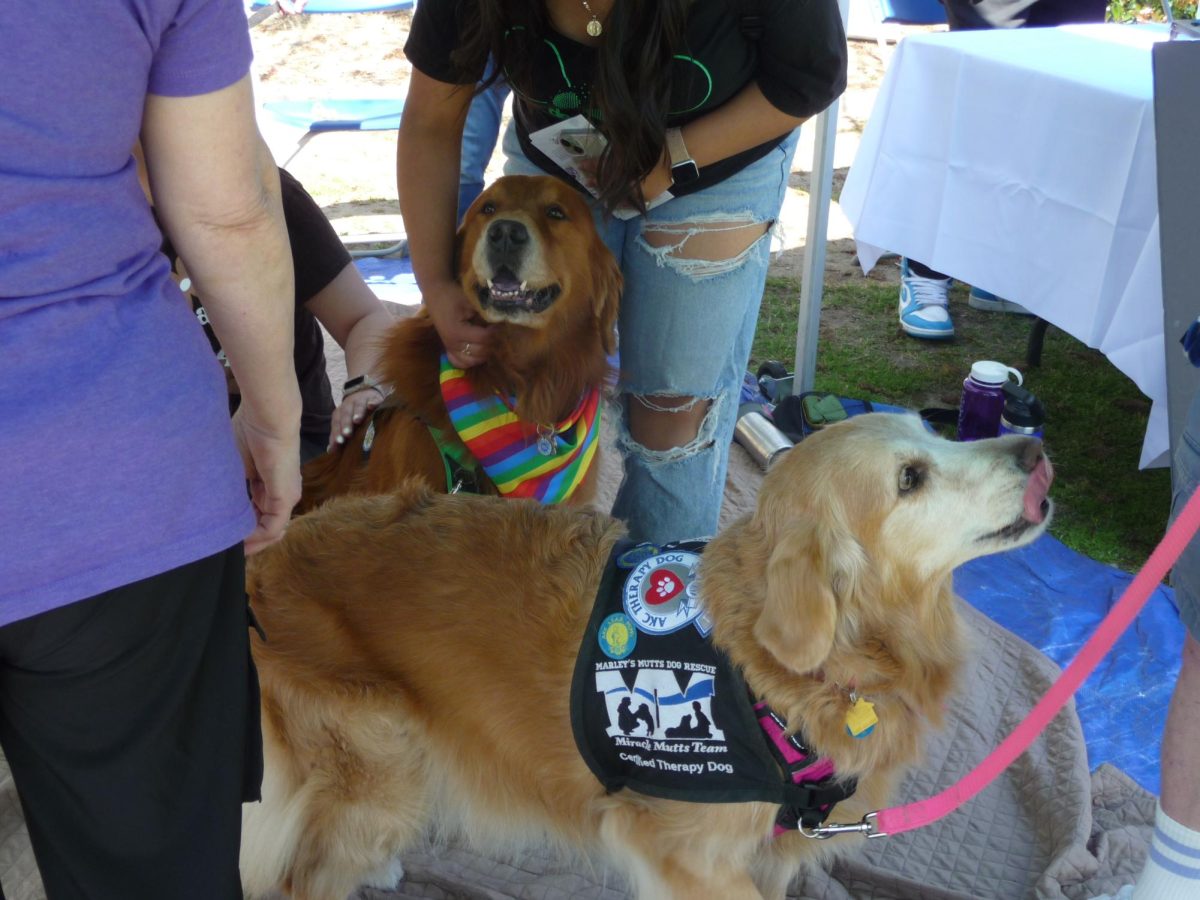By Athena Skapinakis
Senior Reporter
CSU Bakersfield welcomes Associate Professor Randy Schultz as its new ombudsperson as of Feb. 24, 2015.
The Scandinavian term ombudsman can be loosely translated to mean “representative of the people.” According to CSU Bakersfield’s website, the ombudsperson “helps solve problems informally, confidentially and impartially.”
Any student with cause for concern or complaint, which pertains to the university, may meet with the ombudsperson that will act as an “objective mediator.”
The ombudsperson’s duty is to be a liaison between students and the university when conflicts arise. The site says that the ombudsperson will address student problems and complaints, facilitate communication, investigate the problems and review facts, mediate discussions and negotiate solutions.
This covers a wide range of several issues a student may face such as access to facilities, grading policies, fee disputes, conflicts between students and faculty members and disciplinary matters. All records are kept confidential by the ombudsperson in concordance to state laws and CSU policies.
“I think that the position of an ombudsperson is essential in that it provides students with assistance and a sort of defense when talking with professors,” said Mike Kwon, vice president of Associated Students Inc. “You will always have shy or timid students that can’t communicate with professors well, and so, I think the role of the ombudsperson is to make sure that the conversation is coming from both sides.”
Kwon explained that there is a grievance form students may fill out and take to their department chair. From there, the chair would consult with the student or refer them to the ombudsperson. Many students aren’t aware of the assistance and services provided by the ombudsperson. However, when they do have concerns or grievances, it usually regards final grades.
For the past 10 years, Student Health Center Counselor Janet Millar acted as the ombudsperson. Former Vice President of Student Affairs, Dr. George Hibbard, offered the position to her. With over 25 years of experience as a licensed marriage and family therapist, Millar said that she was “curious about how to resolve conflict in an informal way.” Feeling that her skills as a counselor would help her, she had agreed to take on the endeavor.
During her time as the ombudsperson, Millar said that she found that the job involved of quite a bit of listening and problem defining. Another aspect was understanding the needs of the visitors in terms of conflict resolution. She had to be versed well in university policy violations in order to effectively solve issues.
“I think each person who is in the role really needs to have the heart to resolve conflict, and the ability to remain neutral, confidential and to recognize when the informal process may not be appropriate for a particular case,” said Millar.
She also credited a knowledge and understanding of university policies as well as good working relationships with faculty, staff and administrators. The ombudsperson position is by no means an easy occupation. Millar said that the job requires “time to listen, explore, discuss and decide on options.”
In the same vein, she said she decided to leave the position because she felt that she no longer had the time necessary to devote to it. As the Counseling Coordinator, Millar realized she had other responsibilities within her department. The torch was then passed to Schultz. “Randy brings an interest in the position, a level of objectivity and understanding of how academia works,” said Millar. “He is approachable, knowledgeable and willing to work with students through their difficulties.” When Schultz first saw the position was open, he said he was intrigued then he “promptly forgot about it.” After seeing the job posting a second time, a small internal debate and at the request of his peers, he decided to apply.
According to Schultz, the ombudsperson must possess communication and problem-solving skills, decision-making and strategic thinking skills, conflict resolution skills, organizational knowledge and networking skills. He also said that sensitivity to diversity, composure, presentation skills and integrity are among the qualifications.
After spending 20 years in education as an elementary school teacher, vice principal and principal, Schultz was near fully equipped for ombudsperson. He also served as one of eleven directors of a state technology project which contributed to his skillset as well as the nine years he spent at CSU Bakersfield, learning about the university and all its components of how it functions.
“I think all of us have a certain skill set that we can call upon to do a good, or great, job,” said Schultz.
He also said that he hopes his life experiences have developed him enough to benefit the students of CSU Bakersfield. He recalled that none of his family members had gone to a comprehensive four-year university as he did, and that he began as a novice.
“If I can give back now, and help students navigate the university successfully, I will be paying back those that helped me in the past,” he said. He looks forward to meeting with students, faculty and staff and hopes he can seek positive solutions to any disagreements or misunderstanding which may arise. “Right now, I am on a learning curve and everything is pretty new to me, but with every student that I meet I am adding to my experience and expertise,” said Schultz. “The students are my best teachers.”








